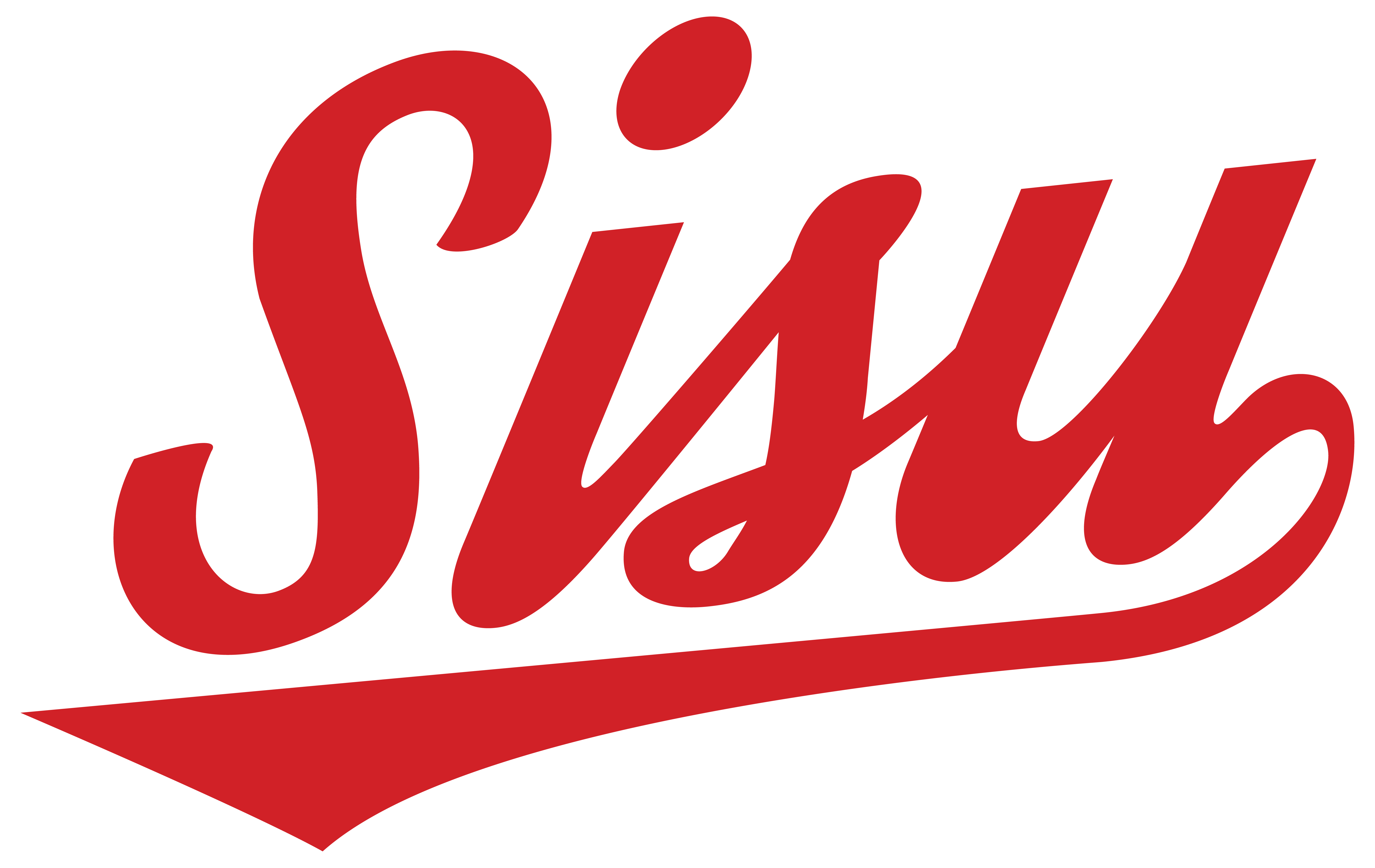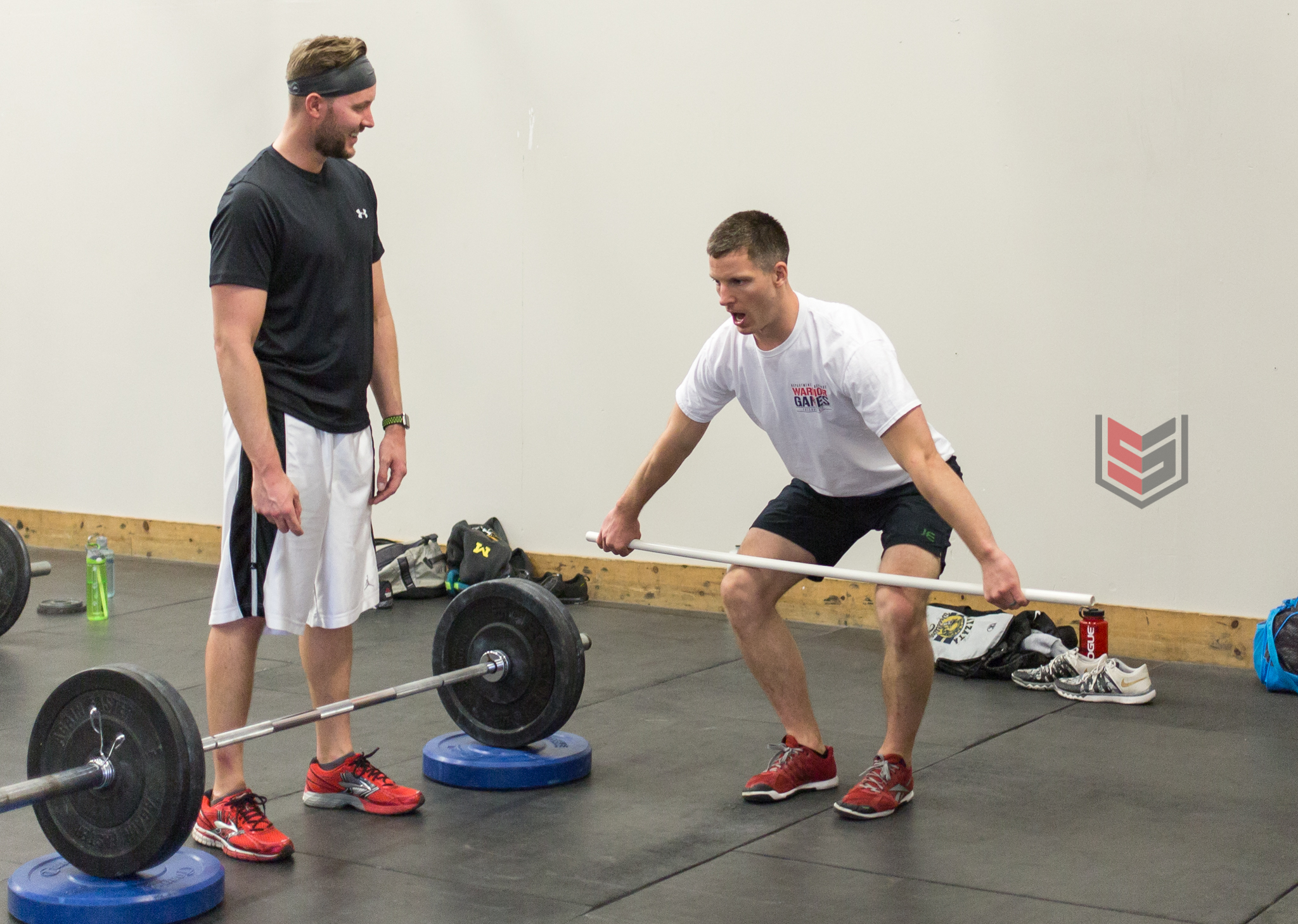Dear Coach… What Should I be Eating Before and After Class?
What Should I be Eating Before and After Class?
Athletes are always looking for ways to improve their performance and achieve their goals in the gym. As we hear time and time again, good nutrition is more important to our fitness goals than just exercise. It can help you recover faster, perform better, and reach your goals sooner. But far too often, nutrition takes a backseat in many of our fitness journeys. The truth is, your training isn’t finished (or hasn’t even begun) until you’re properly fueled!
Because you’ve heard nutrition matters and want to perform your best, you might often wonder “What should I eat before and after class?” While there isn’t a one-size fits all approach to pre and post workout nutrition, these general guidelines, no matter your fitness goals, are great to follow to get the most out of your workout and see progress in the gym.
Before Class
Planning and timing your meals play a central role in fueling muscles during a workout and recovering after a workout. Hitting the gym with a full stomach might make you feel nauseous and fatigued, while going with an empty stomach might also make you feel lethargic. Both scenarios, feeling too empty or too full, don’t take into account the time it takes to best use the nutrients you take in to perform your best!
No matter your performance goal, it’s always a good idea to fuel up before your workout. An hour or two previous to class a solid meal containing a mix of carbs and protein gives your body enough time to digest and prepare for training. Slow-digesting foods like brown rice, oatmeal and whole wheat pasta are great pre-workout options.
Why carbs? Your muscles use the glucose from carbs to power through the workout. For short and high-intensity exercise, your muscle and liver stores of glycogen are your muscles’ main source of energy. Without this fuel, workout output and intensity are limited. Eating protein provides similar benefits, giving you energy as well as increased muscle performance and recovery after the workout.
“What if I’m an early morning athlete?”
We get it. It’s already hard enough to wake up for your 5:30 am WOD let alone eat a nutritious breakfast. While some athletes may not be able to tolerate a meal this early in the morning, you’ll want nutrients in your stomach to help power you through your workout. Something small like an apple or banana can do the trick. Oatmeal, which is easy on the stomach and easy to digest is also a great option. If you still can’t tolerate food, we recommend a morning protein shake and carb drink like Vitargo while warming up.
If you’re an evening athlete and haven’t eaten since lunch 4-6 hours ago, the same rules apply! Athletes should aim to consume a majority of their carbs surrounding their workouts while maintaining proteins, fats, vegetables, and minimal carbs throughout the day.
Eating a high carb and protein snack or meal before working out gives you optimal access to your body’s source of energy. Having a mixture of carbs and protein after your workout is just as important, if not more than fueling your body before.
After Class
Fueling your body post-workout is a must! Lifting weights causes muscle damage which can stimulate muscle growth if repaired properly. Good nutrition can help repair this damage. Post workout muscles are like sponges and can quickly accept the nutrients that stimulate muscle repair, growth, and strength.
The sooner you replenish, the better. Aim to consume a 3:1 Carb:Protein nutrition ratio within 90 minutes post workout. If you don’t provide adequate carbs and protein fast enough, you decrease muscle glycogen storage and protein synthesis (muscle growth). If you snooze, you lose.
While healthy fats are great for your nutrition, it is best to limit fat intake surrounding your workouts. Since one of the goals post-exercise is to limit the amount of fat your body stores, consuming fat before or after will limit muscle growth as it slows the digestion process.
Liquids are the quickest to absorb. Whey protein is a great option because it is fast acting. It is rich in branch chain amino acids meaning it is taken up by muscles quickly instead of having to first be metabolized by the liver. Research indicates it may only take about 20 grams of protein after a workout to maximally stimulate muscle protein synthesis. Having a protein drink like Bi-Pro or other carb drinks like Vitargo and even a small Gatorade are also great post-workout options.
The benefits of this type of nutrition post-workout are far reaching. You improve recovery, experience less soreness, build muscle and bone mass, and heighten your immune function.
While these guidelines are great for a wide range of fitness goals, it’s important to consider a variety of factors when it comes to good nutrition and CrossFit performance. Your fitness goals, the time of day you workout and the type of workout you do can help better determine how you should approach nutrition in your personal CrossFit journey. Have fun fueling!
—
Still confused and need a little extra guidance on nutrition? Learn more about our Nutrition Coaching Services provided by Coach Christina!


1 Comment
Join the discussion and tell us your opinion.
Awesome post!